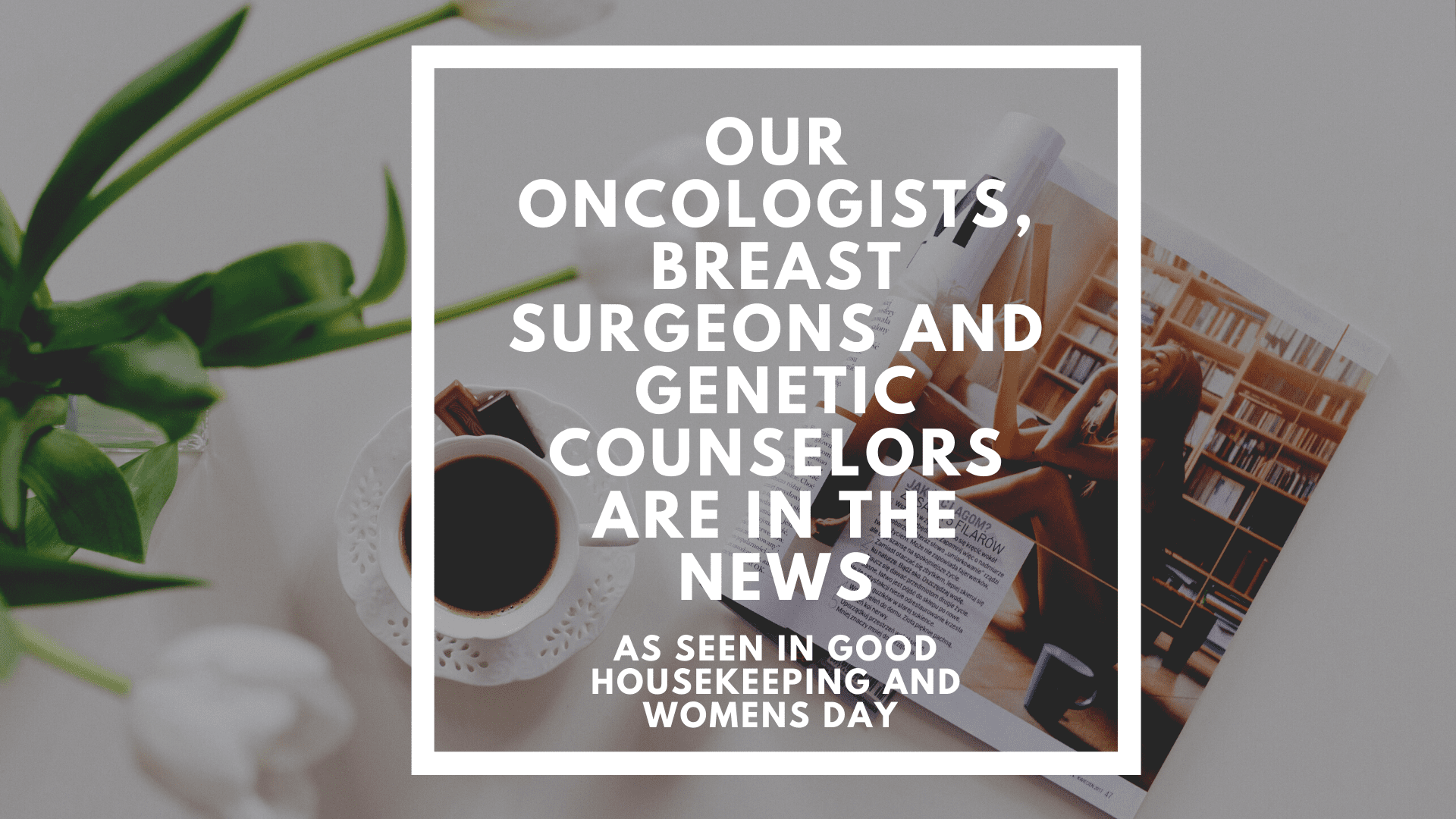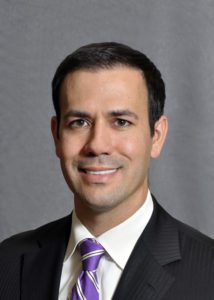
Posted 4 years ago
Our oncologist, breast surgeons and genetic counselors are in the news
Research-based medicine and an integrative care model deliver hopeful outcomes at Ironwood Cancer & Research Centers.
When it comes to cancer care that delivers an advanced academic basis with a personalized, patient-
centered approach, medical oncologist Clayton Polowy, M.D., notes that actions speak louder than words. “Here, patients can see and feel every day that our collaborative team not only delivers the most advanced medicine, but that we genuinely care about their entire experience and outcomes,” he says. Compassion precedes everything, even as patients undergo evaluation to assess their symptoms. At the time of an initial diagnosis, Ironwood Cancer & 
“A cancer diagnosis can be a bit like getting in a car accident. You know the possibility exists, but you never get into your car in the morning expecting it to happen to you. It is traumatic. And one moment in time—one test result—can be life changing,” says Dr. Polowy. “We recognize that moment as an opportunity to provide comfort and confidence to a patient in a situation that is extremely overwhelming.”
Though modern medicine has evolved tremendously to fight breast cancer, the best plan of attack is still prevention—and that’s exactly where care begins at Ironwood Women’s Centers. “With a simple genetic test using a blood or saliva sample, we can assess a patient’s lifetime risk,” says genetic counselor Mandy Kass. “We also create a thorough family history, called a pedigree, that guides us in evaluating the risk and potential severity of a woman’s cancer chances.” The standard age to begin mammograms is 40, though Kass recommends earlier
screenings if warranted by family history. “We want to start screenings 10 years earlier than the youngest diagnosis in a patient’s family tree. If a patient’s mother was diagnosed at 45, we want to start screenings for the patient at age 35.” Once risk has been determined, a personalized prevention plan might include more frequent screenings, preventative medicine, or a double mastectomy. Even when cancer isn’t prevented entirely, catching it in its earliest stages can be life-saving. Genetic testing can help inform the most strategic and personalized approach for treatment. “One of our strongest assets at Ironwood is our collaborative approach. Everyone who’s involved in a patient’s care is under one roof, and we work closely to integrate the entire care plan for the most convenient, effective treatment,” says Kass. “From an emotional standpoint, this is where our team really shines.”
While survival is certainly the highest priority when diagnosing and treating breast cancer, Ironwood Women’s Centers also prioritizes the quality-of-life experience during and after a woman has conquered the disease.
Click here to read the entire article as seen in Good Housekeeping and Women’s Day magazines.

